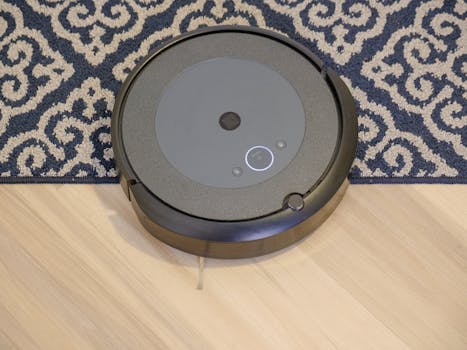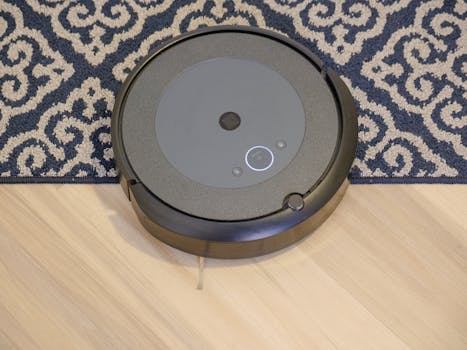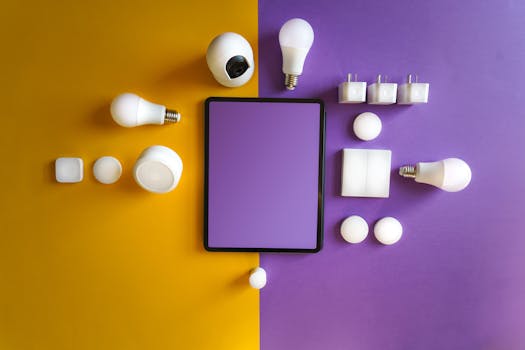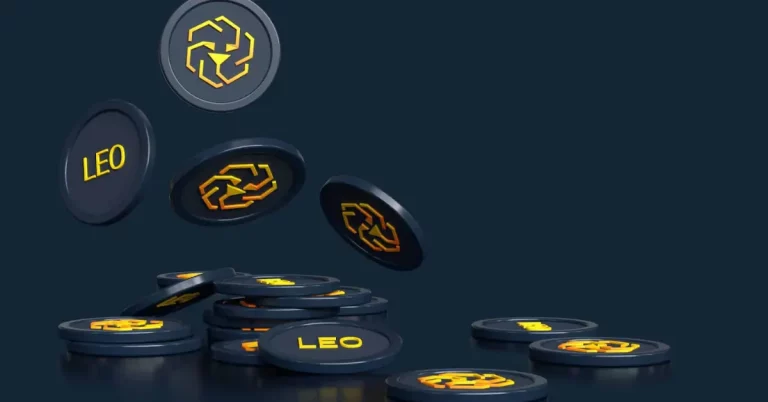
Smart Homes and Smart Living: The Technological Transformation of European Homes by 2025
Smart Homes and Smart Living is the future of European homes, with the concept of smart homes and smart living transforming the way Europeans live, work, and interact with their surroundings. The integration of advanced technology and innovative solutions is making homes more efficient, convenient, and sustainable. By 2025, European homes are expected to be fully integrated with smart technology, revolutionizing the way we live, work, and interact with our surroundings.
Introduction to Smart Homes and Smart Living

The concept of smart homes and smart living is not new, but it has gained significant momentum in recent years. With the advancement of technology and the increasing demand for convenience, efficiency, and sustainability, smart homes and smart living have become the norm. Smart homes are equipped with advanced technology that enables homeowners to control and monitor various aspects of their homes, such as lighting, temperature, security, and entertainment, remotely or automatically.
Benefits of Smart Homes and Smart Living

The benefits of smart homes and smart living are numerous. Some of the most significant advantages include:
- Increased convenience: Smart homes and smart living enable homeowners to control and monitor various aspects of their homes remotely or automatically, making it easier to manage their daily lives.
- Improved efficiency: Smart homes and smart living optimize energy consumption, reduce waste, and improve the overall efficiency of home systems.
- Enhanced security: Smart homes and smart living provide advanced security features, such as motion detection, video surveillance, and smart door locks, to protect homeowners and their properties.
- Improved sustainability: Smart homes and smart living promote sustainable living by reducing energy consumption, using renewable energy sources, and minimizing waste.
Technological Transformation of European Homes by 2025

By 2025, European homes are expected to be fully integrated with smart technology, revolutionizing the way we live, work, and interact with our surroundings. Some of the key technological advancements that will drive this transformation include:
- Artificial intelligence (AI): AI will play a significant role in smart homes and smart living, enabling homes to learn and adapt to the preferences and habits of their occupants.
- Internet of Things (IoT): The IoT will connect various devices and systems in the home, enabling seamless communication and control.
- 5G networks: The rollout of 5G networks will provide faster and more reliable connectivity, enabling the widespread adoption of smart home technology.
- Blockchain: Blockchain technology will provide a secure and transparent way to manage data and transactions in smart homes and smart living.
Conclusion

In conclusion, the concept of smart homes and smart living is transforming the way Europeans live, work, and interact with their surroundings. By 2025, European homes are expected to be fully integrated with smart technology, revolutionizing the way we live, work, and interact with our surroundings. As technology continues to advance, we can expect to see even more innovative solutions and applications of smart home technology, making our lives more convenient, efficient, and sustainable.






